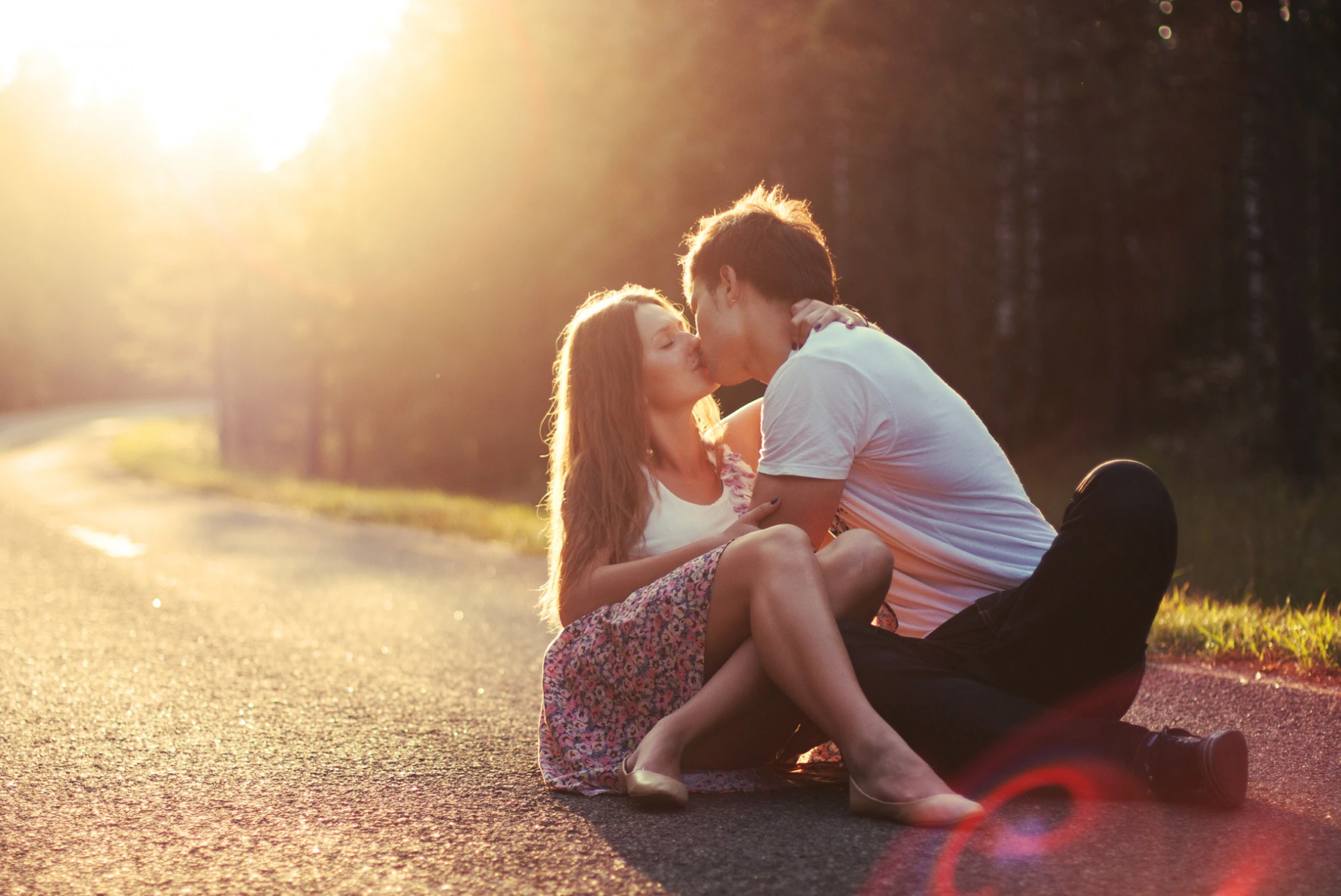Understanding the Legalities: Intimacy in Public Spaces
1. Introduction
At the intersection of desire, societal norms, and the rule of law lies the topic of public intimacy. Whether it’s a stolen kiss on a quiet bench or more explicit acts shielded by night’s embrace, the conversation around intimacy in public spaces has persisted throughout history. This piece offers insights into not just the legal aspects, but also the historical context and the ethical implications of such acts.
2. Historical Context and Current Cultural Attitudes
Public displays of affection and intimacy have a storied past. In ancient Greece, love was celebrated openly in many forms, with depictions of public affection common in artworks. Contrastingly, Victorian England kept tight reins on public behavior, where even a mere handshake had its proper time and place. In recent decades, with the rise of global communication, societies are grappling with an amalgamation of viewpoints. The ubiquity of cinema, literature, and media has romanticized public intimacy, making it a more frequent topic of debate and discussion.
3. Legalities: Key Points to Understand
- a. The General Stance: Laws in many countries were established based on a mix of colonial remnants, religious beliefs, and societal norms. In most places, overt intimate acts in public, especially in family-friendly zones like parks, can lead to serious legal repercussions. Charges can range from public indecency to lewd acts.
- Direct questions like “Is it illegal to have sex in a park?” are often met with an unequivocal ‘yes’. Such acts can result in legal consequences, with penalties varying based on jurisdiction.
- b. Special Cases: Sex Offenders and Public Parks
- Sex offenders, due to the nature of their crimes, are typically subjected to strict regulations. Their movement, especially in areas frequented by children, is limited.
- The debate around “Are sex offenders allowed in state parks?” is intricate. While some states may have partial bans or restrictions, others might have complete prohibitions.
- States like Indiana and Florida have specific regulations, often dictated by the proximity of children’s events or schools.
- Sex offenders, due to the nature of their crimes, are typically subjected to strict regulations. Their movement, especially in areas frequented by children, is limited.
4. Safety and Discretion
Personal safety should always be at the forefront of any decision. Engaging in intimate activities in semi-public areas can attract unwanted attention, making participants vulnerable to crimes ranging from petty theft to more serious offenses. The focus should not be on finding secret spots, as questions like “how to have sex in the park” suggest, but on understanding the potential threats these situations pose.
5. Ethical Considerations
When venturing into public spaces, it’s important to respect the shared nature of these environments. Every passerby, every child, every individual has an equal right to these spaces without being subjected to someone else’s private moments. Even if an act is discreet, the possibility of being observed remains, and such unintentional intrusion can lead to significant distress for unsuspecting witnesses. Respect, discretion, and empathy should be guiding principles.
6. Conclusion
In a world of diverse opinions, rules, and norms, it’s essential to approach subjects like public intimacy with a balanced perspective. It’s not just about personal desires, but about the collective comfort, safety, and rights of everyone involved. By being informed and understanding the broader implications, one can navigate the delicate path between personal desires and societal expectations responsibly.











